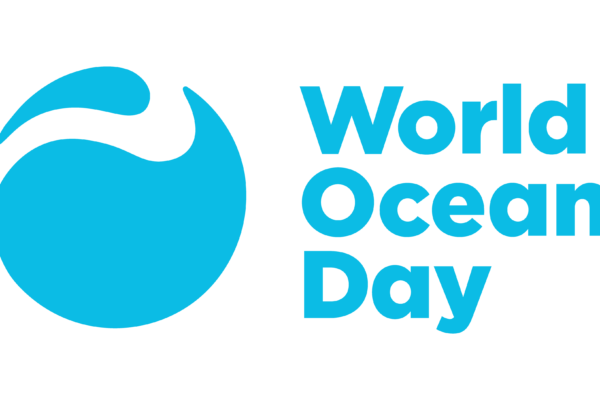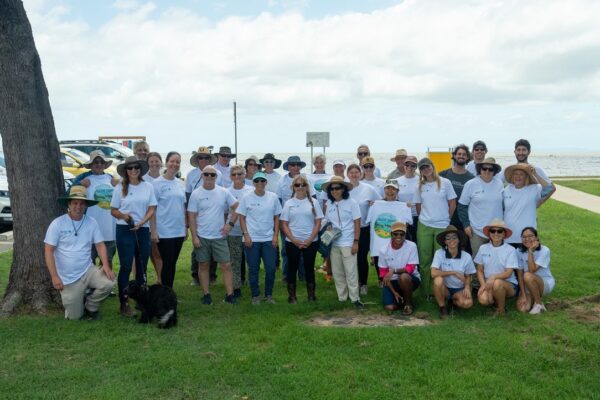“All at last returns to the sea- to Oceanus, the ocean river, like the ever-flowing streams of time, the beginning and the end.”
– Rachel Carson
Create an ocean-friendly lawn and garden.
Last month (https://theoceanproject.org/2014/04/seas-the-day-april-clean-green/), we discussed ways to help clean your home the ocean-friendly way. This month you can help the ocean by creating a truly green garden.
Make your lawn and garden seahorse-friendly.
Remember, your local river most likely leads, eventually, to the ocean! Chemicals used on lawns and gardens can harm pets and are also poisonous to children, as well as downstream ocean creatures. Take some time to educate yourself about the practices and benefits of green gardening. As a green garden novice, take time this month to learn the basics.
Rains can wash off what's on your yard, so join the growing movement to rid ourselves of toxic lawn pesticides and other chemicals. If you allow your grass and other plants to grow deep roots and keep grass clippings on the lawn, you can reduce the amount of fertilizer you use. Find non-toxic options for controlling lawn and garden pests. Take the initiative this month to go aqua-green in your own yard and protect our blue backyard – the ocean!
Plant wisely.
What you choose to plant can be an act of ocean conservation, wildlife protection, and energy savings. You can save energy with energy efficient landscaping such as coniferous (evergreen) trees on the north side and deciduous (leafy) trees on the south side of your home to block winter winds and summer sun.
Many people are using low maintenance native plants that are adapted to the local environment and don’t need much watering or special attention, saving you time and money. And remember to share what you are learning with your friends, others in your community and beyond. The more people who find out how simple it can be to make a difference for our ocean, the bigger that positive difference will become!
Turn your food to feed.
Start a compost pile in your backyard with your kitchen scraps, or buy a small bin with composting worms that generate high-quality fertilizer indoors. Compost is a great addition to your plants' soil and a natural alternative to fertilizers. Producing less garbage and eliminating chemical fertilizers help maintain ocean health by keeping trash and toxics out of our waterways that feed into the seas. Check this for some more composting tips!
The Seas the Day initiative encourages and empowers people to take ocean conservation personally. Each month, we feature a new conservation theme with ways to help so come back regularly for more ocean-helping ideas and tips!
Created mainly to support our partner ZAMs (Zoos, Aquariums, and Museums and other visitor-serving organizations involved in our growing network) in motivating conservation action, Seas the Day is for you to tailor for your own purposes. Please use any or all of the content verbatim and re-post on your own blog, social media channels, website, newsletter, etc. We have a large database of action tips and related content for you to use so let us know what’s most helpful and what other action-able types of information and resources we can provide to enhance your conservation efforts.



